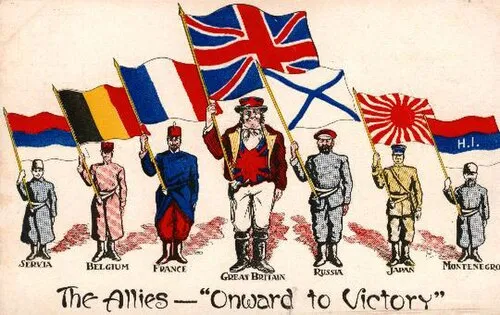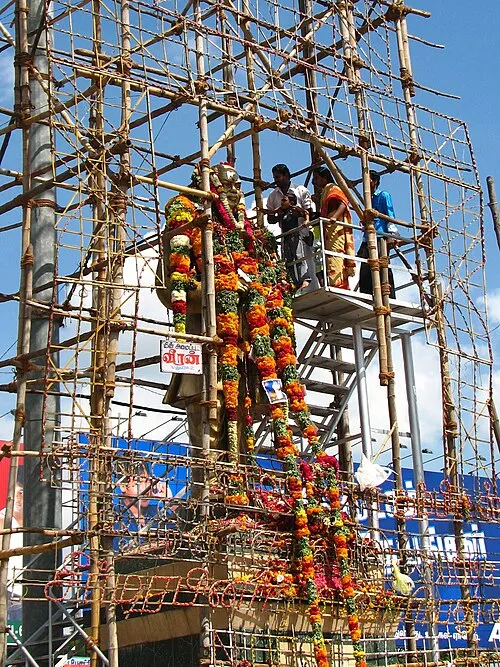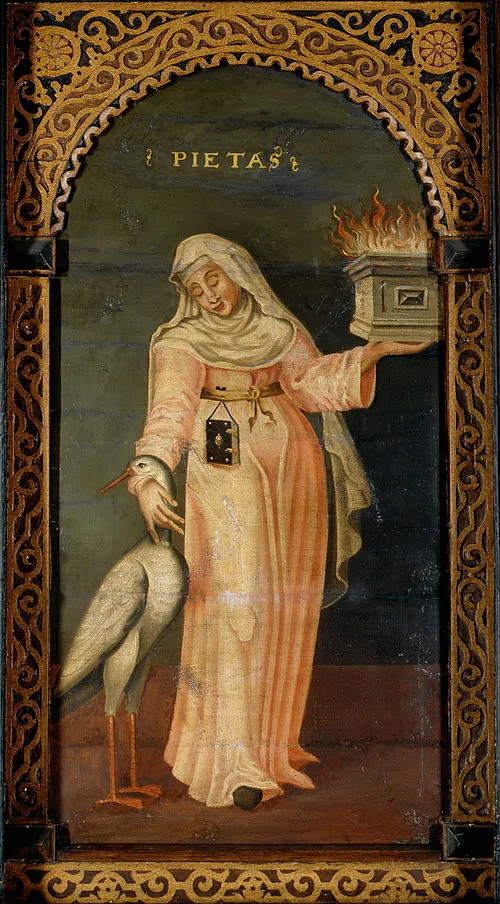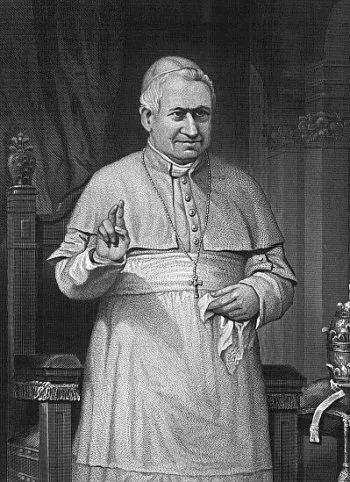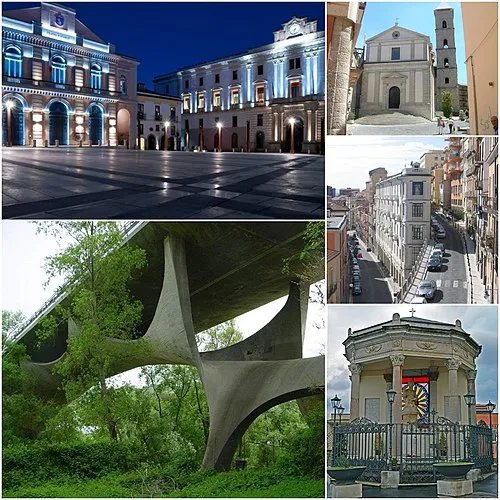
Mischief Night: A Global Tradition of Fun and Frights
Mischief Night, celebrated in various forms across countries such as Ireland, Canada, the United Kingdom, and the United States, is an unofficial event that takes place on the night before Halloween. This evening is associated with prankster antics and mischievous behavior, hence the evocative name. While the essence of Mischief Night remains largely the same, the customs and practices can vary widely from one place to another.
The Origins of Mischief Night
The roots of Mischief Night can be traced back to ancient traditions of celebrating the harvest season. Historically, the night before All Hallows' Eve was a time for communities to engage in playful antics. The practice is often linked with the prelude to Halloween, where the boundary between the living and the dead is believed to be blurred, allowing for more carefree revelry.
Mischief Night in the United States
In the United States, Mischief Night is particularly popular in the Northeast, especially in cities like Detroit and Philadelphia. Typically observed on October 30th, young pranksters often engage in activities ranging from harmless tricks like toilet-papering homes to more mischievous deeds like egging cars. Local law enforcement usually remains on high alert during this time to manage potential chaos, often issuing warnings to keep the night safe.
Mischief Night in the United Kingdom and Ireland
In the UK and Ireland, Mischief Night is also celebrated, although the specific customs may differ. In some regions, such as the North East of England, it is referred to as 'Mischief Night' or 'Devil's Night'. In this context, it is often associated with minor vandalism and more serious anti-social behavior. In Ireland, the night can include bonfires and trick-or-treating, merging traditions from both Halloween and the night before it.
Mischief Night in Canada
In Canada, Mischief Night is recognized mainly in certain provinces and tends to lean towards light-hearted fun. Canadian children often partake in traditional Halloween-themed activities but may add a layer of mischief, such as harmless pranks involving silly string or small decorations. The emphasis remains on community spirit and ensuring that no one feels threatened or intimidated during the festivities.
Global Variations of Mischief Night
Across the globe, similar traditions exist, albeit under different names. In some Latin American countries, the eve of Día de los Muertos (Day of the Dead) can be seen as having comparable playful elements. In contrast, in other cultures, the night before significant holidays may serve as a time for reflection rather than mischief.
Safety and Appropriateness
As with any festive occasion, safety and respect for others’ property is paramount during Mischief Night celebrations. Communities often encourage participants to engage in non-destructive pranks, fostering a spirit of fun without causing fear or harm. Law enforcement agencies also play an important role, reminding young people about the potential consequences of their actions, ensuring everyone can enjoy the night.
Conclusion
Mischief Night is a celebration rich in tradition and culture, allowing communities to bond through playful antics. Whether it’s the light-hearted fun seen in Canada or the more notorious reputation in some parts of the US and UK, the essence lies in making mischief with good intentions. Understanding and respecting local customs can enrich the experience and contribute to a night of joy rather than chaos.

